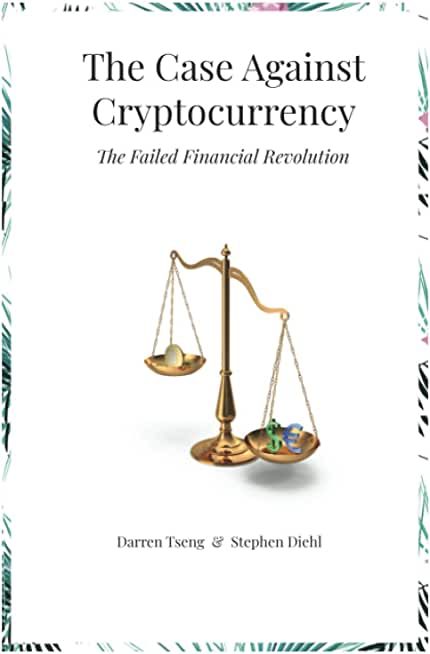
description
6Risk, Uncertainty, and Profit is a groundbreaking work of economic theory, distinguishing between risk, which is by nature measurable and quantifiable, and uncertainty, which can be neither be measured nor quantified.
We begin with an analysis of the functions of profit, risk and uncertainty in the economy. Frank H. Knight introduces his work with a discussion on profit and how there are conflicts about its nature between various economic theorists. As the title implies, the author's chief concern is the interplay between making a profit, incurring risk, and determining if there is uncertainty.
Risks are different from uncertainty in that they can be measured and protected against. For example a location chosen for a factory or farm may have a measured risk of flooding in a given year. Businesses, insurers and investors alike can be made aware of this, and behave according to the quantified risk.
For Knight, the larger business is able to mitigate the inherent uncertainties of, for example, launching a new product. Their financial resources are superior, and they can invest in market research and advertising, that a product may avoid failure and go on to deliver a profit for the company. Smaller companies and individual entrepreneurs therefore bear greater risks, but may reap proportionally greater rewards if their business eventually profits.
Knight goes on to make the stunning observation that entrepreneurs and businesses receive monetary compensation not necessarily for innovating, but for bearing with uncertainties inherent to running a business. He also discusses the existence of the state: taxation policies, regulations and political instability can result in an uncertain environment that makes business both large and small harder to conduct.
The author demonstrates an immense and disciplined knowledge and economic theory. He steadfastly presents his ideas with care not to deviate or contradict himself, that the reader may distinguish the interaction between the profit motive, quantifiable risk, and various uncertainties. Although his overarching theory is less noticed in the modern day, Frank H. Knight's work has nevertheless being quoted and built upon by economists since its original publication in 1921.
We begin with an analysis of the functions of profit, risk and uncertainty in the economy. Frank H. Knight introduces his work with a discussion on profit and how there are conflicts about its nature between various economic theorists. As the title implies, the author's chief concern is the interplay between making a profit, incurring risk, and determining if there is uncertainty.
Risks are different from uncertainty in that they can be measured and protected against. For example a location chosen for a factory or farm may have a measured risk of flooding in a given year. Businesses, insurers and investors alike can be made aware of this, and behave according to the quantified risk.
For Knight, the larger business is able to mitigate the inherent uncertainties of, for example, launching a new product. Their financial resources are superior, and they can invest in market research and advertising, that a product may avoid failure and go on to deliver a profit for the company. Smaller companies and individual entrepreneurs therefore bear greater risks, but may reap proportionally greater rewards if their business eventually profits.
Knight goes on to make the stunning observation that entrepreneurs and businesses receive monetary compensation not necessarily for innovating, but for bearing with uncertainties inherent to running a business. He also discusses the existence of the state: taxation policies, regulations and political instability can result in an uncertain environment that makes business both large and small harder to conduct.
The author demonstrates an immense and disciplined knowledge and economic theory. He steadfastly presents his ideas with care not to deviate or contradict himself, that the reader may distinguish the interaction between the profit motive, quantifiable risk, and various uncertainties. Although his overarching theory is less noticed in the modern day, Frank H. Knight's work has nevertheless being quoted and built upon by economists since its original publication in 1921.
member goods
No member items were found under this heading.
Return Policy
All sales are final
Shipping
No special shipping considerations available.
Shipping fees determined at checkout.







